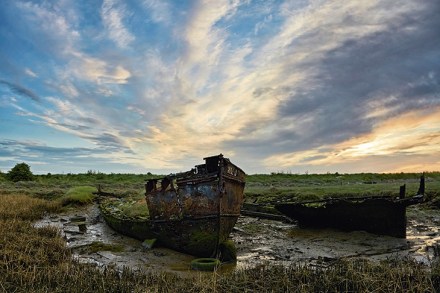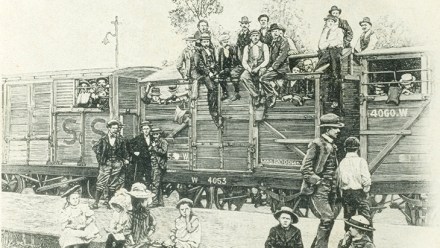The tug of the tide
We ought to cherish the haunted landscape of the Thames Estuary while we can. The grey hulks of old power stations, the white domes of oil refineries, the sternly rectilinear factories, all of which once seemed oppressive, are now instead poetic because of their near extinction. Caroline Crampton’s atmospheric and movingly written exploration of the Thames, and that once-industrial estuary, is especially illuminating on the soul of the river; and she investigates satisfyingly what it is in these silent marshes and concrete embanked paths that still generates such an odd sense of unease. Her relation to the river and the sea beyond is especially strong: her parents built their own





















